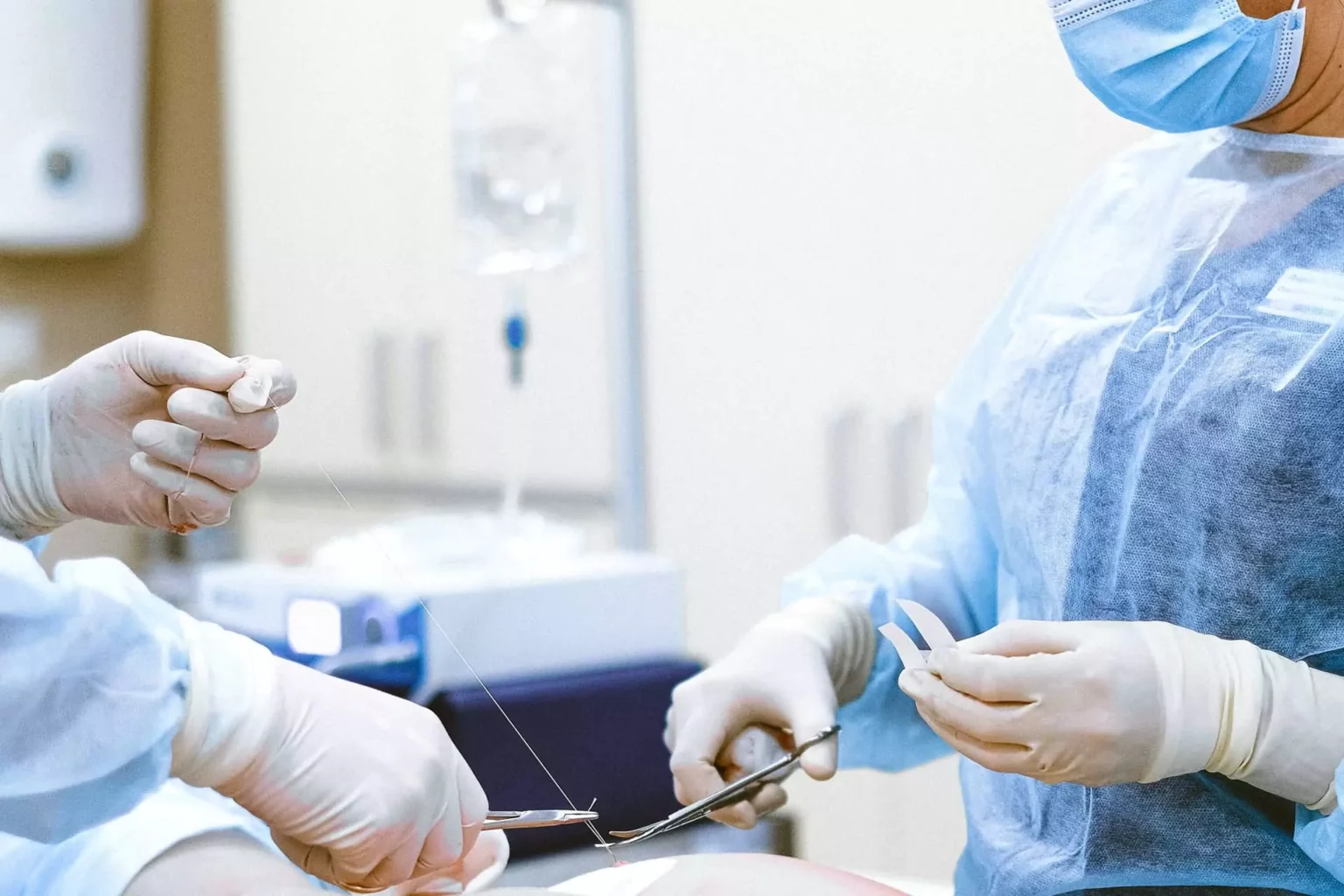5 Facts About Medical Malpractice in New Jersey

Approximately 96% of personal injury cases are settled before trial. While personal injury claims can be complex, a medical malpractice case is even more complicated.
Legal technicalities and providing proof of the injury can be challenging for the lawyer. A medical malpractice attorney must understand personal injury laws and include the input of specialists in the case. An effective lawyer will explain the intricacies of the matter to the client. In this article, we outline some of the laws and statutes for medical malpractice in New Jersey.
Medical Malpractice and Standard of Care
In a medical malpractice case, it is up to the plaintiff to prove that a healthcare professional was negligent. The objective is to show the medical professional did not provide the expected standard of care. However, the court will consider the circumstances before awarding damages.
The standard of care is defined by protocols and regulations in the medical sector. If the healthcare provider did not observe those standards to a reasonable degree, it could be negligence.
Injuries Due to Negligence
Once you establish the medical professional violated the expected standard of care, you have to show it resulted in an injury. Your medical malpractice attorney will have to prove the injury would not happen without negligence.
One reason a medical malpractice claim can be complicated is that it requires the testimony of experts. Your attorney may call healthcare specialists from different fields to establish the extent of the injury. In the meantime, the plaintiff has to determine if the case is worth pursuing.
Statutes of Limitations in New Jersey
In New Jersey, you have two years from the time you sustained an injury after medical malpractice. After the deadline for the statutes has elapsed, it will be challenging for your lawyer to file a case.
However, some courts may apply the discovery rule. That means the statute is two years from the time you noticed the injury or likely to have discovered it. But your medical malpractice attorney will have to demonstrate you could not have known earlier.
Presenting the Affidavit of Merit
In New Jersey, you have to present the defendant with an ‘affidavit of merit` within 60 days. As the plaintiff, you provide a sworn statement from a healthcare specialist declaring that there was negligence. However, there could be exceptions where common knowledge would suffice. That is where expert input is not necessary to prove the claim.
Limits to Malpractice Compensation
There are many jurisdictions where personal injury law places a limit on the amount you can receive. New Jersey is one of the states where the compensation has a cap.
The state’s statutes limit the compensation to five times the expenses incurred by the injury or $350,000, whichever is higher. Even when the plaintiff is successful, the cap is the highest amount they can receive.
Medical malpractice laws can be complex, and they require the input of specialists. For that reason, the client has to determine if the injury is worth pursuing. You may want to consult an experienced medical malpractice attorney before commencing with the process.
Related Blogs
No Fee Unless
GGL Wins
We've got you covered.
We are available 24/7/365
One of our advisers will contact you.

OFFICIAL PARTNER OF RUTGERS ATHLETICS



Recent GGL Wins
Auto Accident
Mediation award Plaintiff was injured in an intersection motor vehicle collision resulting in neck and lower back fusion surgeries.
$2 Million
Verdict
Workers Compensation
25-year-old laborer died in an industrial accident while working.
$1.15 Million
Verdict
Construction Accident
Roofer fell off roof causing head trauma resulting in a head injury. Plaintiff was not given fall restraint protection equipment by contractor.







